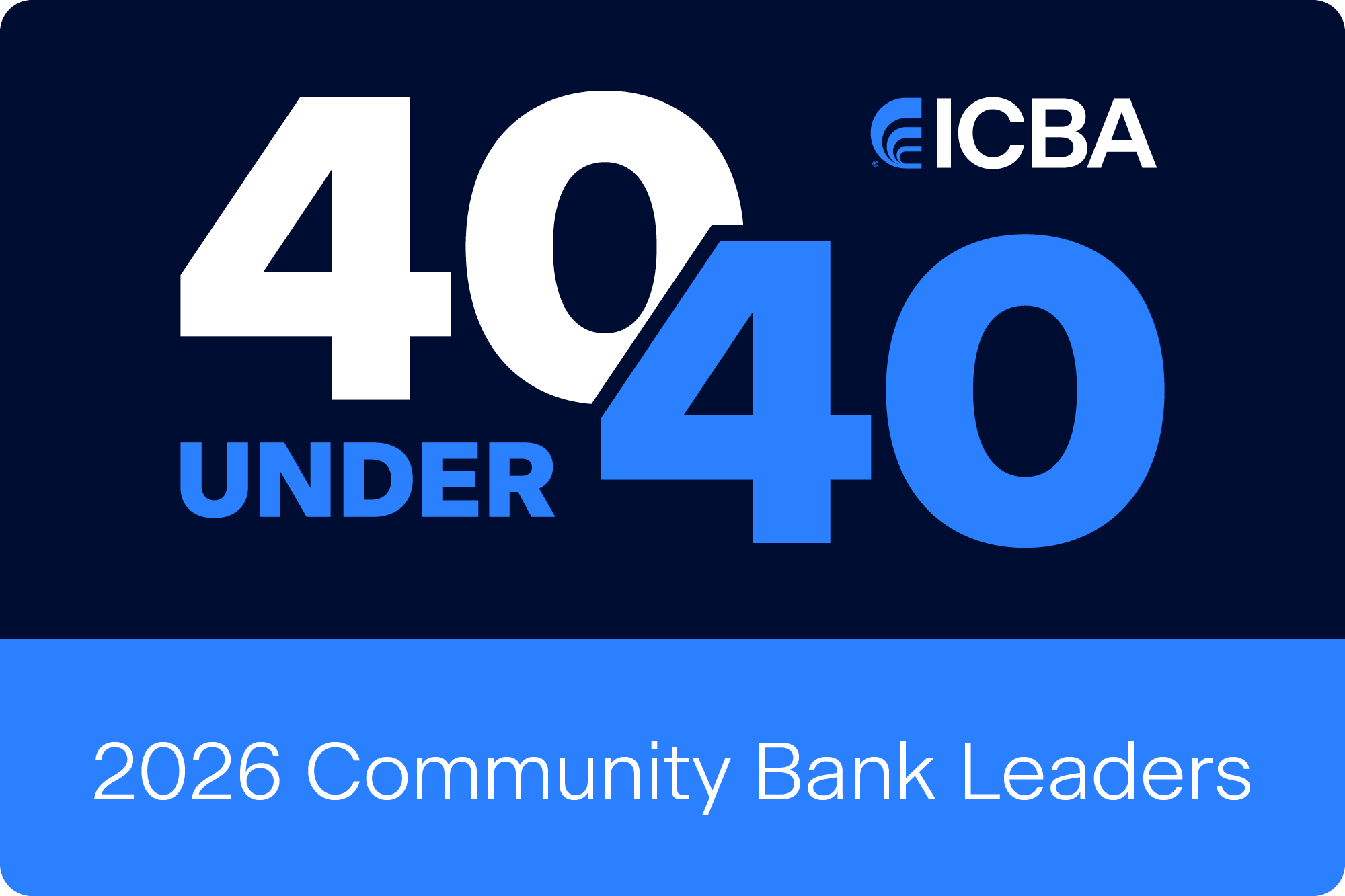If your community bank doesn’t have the time or resources to recruit for open or hard-to-fill positions, a staffing agency is one way to take the burden off your shoulders. Here’s what you should know about finding the right one.
When Should Your Community Bank Use a Staffing Agency?
August 19, 2024 / By Don Sadler
If your community bank doesn’t have the time or resources to recruit for open or hard-to-fill positions, a staffing agency is one way to take the burden off your shoulders. Here’s what you should know about finding the right one.
Practically every community bank faces staffing shortages from time to time. Many turn to staffing agencies and search firms to find the employees they need to fill employment gaps, especially in challenging and high-demand areas like information technology and the C-suite.
“When your bank needs to fill open positions, collaborating with a reputable staffing agency can significantly enhance and streamline the hiring process,” says Valerie R. Utsey, ICBA executive vice president and chief people officer. “However, with the abundance of staffing firms in the market, each with their own specialties, it is crucial to carefully evaluate and select a partner that aligns with your organization’s needs and values.”
Choose the right kind of agency
To find that perfect fit, the first step is determining what kind of staffing agency will best meet your needs. Alan Kaplan, founder and CEO of retained executive search and board advisory firm Kaplan Partners in Philadelphia, says there are three main categories of staffing agencies: contract agencies, contingency firms and retained executive search firms (see sidebar).
Kaplan Partners recruited Jim Donnelly to his current position as president and CEO of $2.3 billion‑asset Wayne Bank in Honesdale, Pa. “We’re currently working with Kaplan Partners to recruit a CFO,” says Donnelly. “This isn’t the kind of position we hire often, so we wanted to work with an experienced executive search firm that can keep the process moving forward.”
Utsey advises seeking out a staffing partner that is committed to understanding your bank’s culture, values and goals. “Inquire about the typical backgrounds and experience levels of the candidates they provide, as well as the average length of engagement for placed employees,” she says. “By partnering with a staffing firm that prioritizes long-term fit and retention, you can build a strong, loyal workforce that will drive your bank’s growth and success for years to come.”
Kaplan says staffing firms should perform due diligence to get to know a bank so they can present candidates who are the right cultural fit. “This is especially important with executive positions,” he says. “For example, if a bank has a collaborative and consensus-building culture, a CEO candidate with a hierarchical, top-down approach probably won’t be a good cultural fit.”
Donnelly agrees about the importance of culture. “Banks need to build a relationship with the search firm, so the firm presents candidates who are a good cultural fit and have a real shot at filling the position,” he says. “Otherwise, search firms are just wasting your time.”
Clear, consistent communication is also critical. “There should be an agreed-upon communication cadence in which the staffing firm provides the bank with regular updates and progress reports,” says Kaplan. “Banks don’t want to fall into the communication ‘black hole.’”
“Ask for specific examples [of] the agency’s impact on their clients’ hiring outcomes.”—Valerie R. Utsey, ICBA
Industry expertise is important
The three types of staffing agencies
Contract agencies recruit lower- and mid-level positions on a temporary or short-term basis
Contingency firms recruit mid- and upper-level positions, such as commercial lenders and branch managers
Retained executive search firms recruit C-suite positions
Utsey recommends partnering with a staffing agency that specializes, or at least has extensive experience, in the banking or financial industry.
“The firm should understand the unique challenges, skill sets and regulatory requirements needed to succeed in the fast-paced, ever-evolving world of the financial services sector,” she says. “By collaborating with a staffing partner that knows your industry, you can ensure an effective hiring process and maintain a competitive edge in an increasingly competitive environment.”
A staffing agency should also be highly responsive, communicative and service-oriented. “Good, proactive service is key,” says Utsey. When evaluating a partner, ask pointed questions to gauge their responsiveness and dedication to keep you informed throughout the process. Ask about their average response time to calls and emails and about who will be the lead recruiter for your assignment.
Most importantly, find out if the firm is willing to take time to gain a deep understanding of your community bank’s culture and the specifics of the role.
“Inquire about their track record on key metrics such as types of positions filled in your industry, the time to fill those positions and the average tenure of their placements,” says Utsey. “Don’t hesitate to ask for specific examples and case studies illustrating the agency’s impact on their clients’ hiring outcomes.”
Once you have hired a staffing firm, evaluate its performance continually to assess whether it’s meeting your needs. For example, are you being presented quality candidates within the expected timeline, provided helpful guidance and feedback, and demonstrated an understanding of your requirements?
“A successful staffing relationship is a two-way street. By providing clear guidance and feedback, you can help your staffing partner optimize their service and deliver the results you need to build a winning team,” says Utsey. “The right staffing firm will welcome the opportunity to showcase their value and expertise.”
Donnelly believes that hiring the right employees is one of the biggest factors in a community bank’s success, and staffing agencies can play a big role in this.
“We’ve all got similar technology and products,” he says. “But if you build the right team and everybody’s pulling in the same direction, you can make magic happen.”
Subscribe now
Sign up for the Independent Banker newsletter to receive twice-monthly emails about new issues and must-read content you might have missed.
Sponsored Content
Featured Webinars
Join ICBA Community
Interested in discussing this and other topics? Network with and learn from your peers with the app designed for community bankers.
Subscribe Today
Sign up for Independent Banker eNews to receive twice-monthly emails that alert you when a new issue drops and highlight must-read content you might have missed.
News Watch Today

Join the Conversation with ICBA Community
ICBA Community is an online platform led by community bankers to foster connections, collaborations, and discussions on industry news, best practices, and regulations, while promoting networking, mentorship, and member feedback to guide future initiatives.













